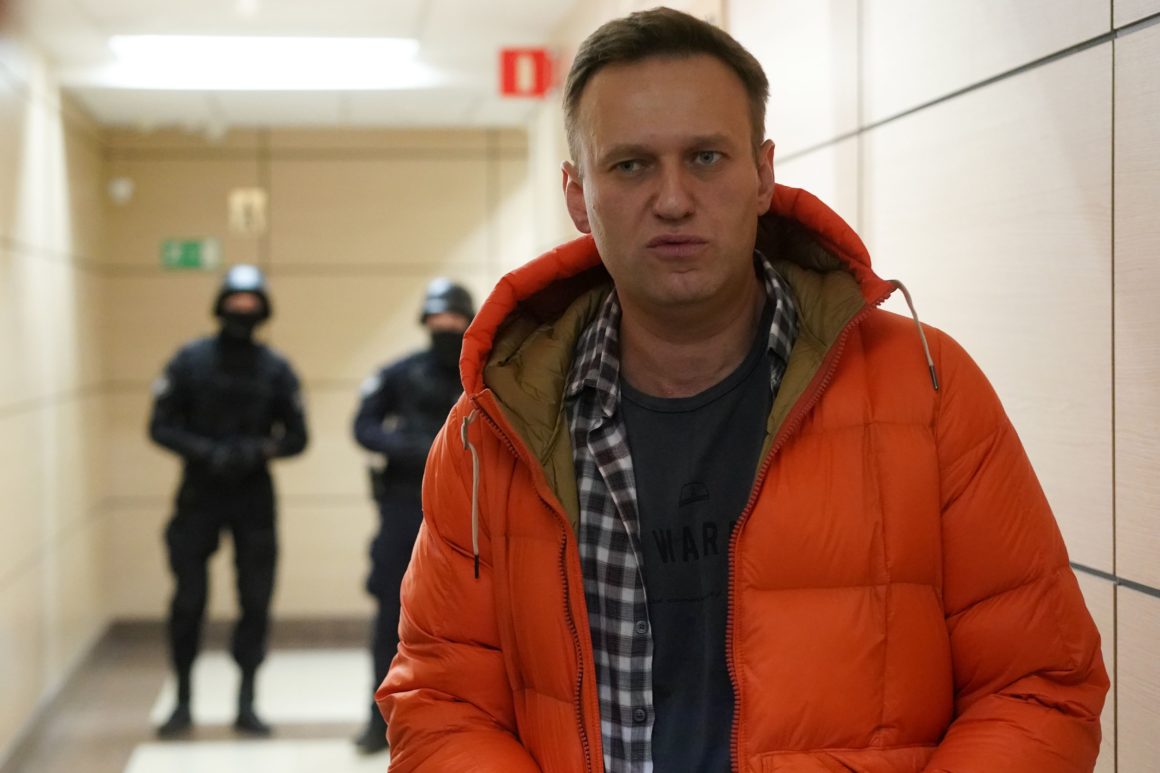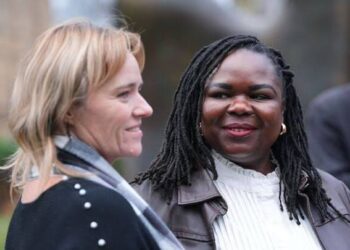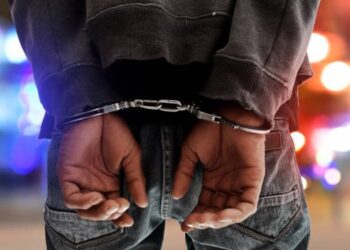On the outskirts of Russia’s third-largest city, 19-year-old Anna Lapty is doing her best to convince an elderly man to accept a flyer for the opposition candidate in his district.
Annoyed, he shoos the petite blonde away with an expletive. “Don’t you get that it’s all been long decided?” he grumbles.
After more than 20 years of Vladimir Putin, the idea of effecting change through the ballot box is a tough idea to sell in Russia — even to the most vocal government critics.
Russia’s main opposition politician Alexei Navalny reckoned he had found the cure to the widespread political apathy with a tactical voting plan. And regional elections, which culminate on Sunday, were going to be his main laboratory for testing its effectiveness.
Yet Navalny was poisoned by a chemical nerve agent from the Novichok group, according to the government in Germany, where he is now undergoing medical treatment.
His supporters are divided on the impact of his absence on the outcome of the vote. But they agree that sidelining Russia’s leading opposition figure is unlikely to make the authorities’ troubles go away.
Sandwiched between a controversial referendum in July which paved the way for Putin to stay in power until 2036, and next year’s parliamentary election, the regional vote was long set to become a bellwether of the country’s political mood.
But in recent months, a series of local protests, a mass uprising in Belarus against longtime ruler Alexander Lukashenko, and Navalny’s poisoning have further upped the ante.
Prior to his poisoning, Navalny had called on Russians to vote not simply against the ruling party United Russia, but also to throw their collective weight behind whichever candidate his team identified as the strongest contender.
The so-called “smart voting” strategy is designed to undercut the pillar of Putin’s grip on regional politics in two ways. For one, it aims to boost turnout among opposition-leaning voters by giving them a reason to go to the polling booth. Secondly, it seeks to focus their efforts and thereby acts as glue for Russia’s infamously fragmented opposition.
“What’s important for us is not the force of the blow, but its accuracy. Not the hammer, but the scalpel,” Navalny summarized in a YouTube video detailing the alleged corruption of Novosibirsk’s local deputies which he filmed three days before his poisoning.
While he is still recovering in a Berlin hospital from what appears to have been an attempt on his life, an army of mostly young volunteers like Anna Lapty and her twin sister Tatiana continue to spread his message on the city’s streets.
“If anything, we’re more inspired than before,” said Anna.
“It confirms that we’re backing the right person,” added her sister, “and that we’re doing the right thing. Attempts by the Kremlin to scare or undermine us just hardens us further.”
It is a sentiment echoed by Navalny’s staff and volunteers across the country. To them, a good result in the regional election now feels personal.
But if the attack has lit a fire under Navalny’s entourage, the question is whether it will have the same effect on voters. Sergei Boiko, Navalny’s team leader in Novosibirsk, doubts it.
“Russians are not used to venting their discontent through the ballot box. They don’t see elections as an instrument for change. Local elections especially suffer from a low turnout. We were counting on Alexei’s support in telling people to go out and vote.”
Unrivaled position
In reach and influence, Navalny’s position is unrivaled. A recent survey by the independent Levada Center pollster placed him second only to Putin in terms of popularity as a politically active figure.
Boiko himself is running in municipal council elections alongside a coalition of several dozen opposition candidates which he leads. The coalition includes journalists and activists who had previously lobbied for issues such as urban beautification or more green space, but stayed far from formal politics.
In a rare display of unity, the coalition has brought together people from across the political spectrum, through the principle of, in Boiko’s words, “the enemy of my enemy is my friend.”
“Russia’s electoral system is very complicated and many can’t make it alone, it’s designed that way deliberately,” said Boiko. He described his coalition as a way in for new talent.

The Novosibirsk coalition is not the only example of new blood entering the political sphere. In Voronezh, a city south of Moscow, 33-year-old Alexander Kazmin put himself forward as a candidate for local elections for the first time ever. After working as a civil servant for five years, the entrepreneur wanted “change to happen faster.”
“I want someone to represent my district who has a heart and soul for the place,” he said.
Kazmin never made it onto the final ballot after election authorities rejected too many of the signatures he had collected to register. “It’s all about formalities and procedure. When you run as an independent candidate, it’s always a problem. No one needs you,” he said.
But, he added, “I wanted to experience the process from the inside, and now I know.” He said he might try again in local elections four years from now. On Sunday, he said he’ll cast his ballot according to the “smart voting” playbook — against United Russia.

If Navalny’s strategy does prove successful despite his absence, the immediate question will be how the authorities will respond. The opposition faces a conundrum: the more effective they are at exploiting the last remaining instruments of democracy, the higher the incentive will be for the Kremlin to shut them down.
Already some opposition figures are branding the September vote as possibly “the last real election” in Russia ahead of an expected future crackdown. After Putin’s July referendum, authorities extended voting to three days, a change that critics claim facilitates vote-rigging.
But shutting down all loopholes for political participation is not risk-free.
“There is a demand in Russia for a more competitive political life and for alternative candidates and parties,” said political scientist Ekaterina Schulmann. “People will engage in protest voting if they are given the opportunity, or otherwise resort to street protest to resolve local issues.”
“It is unpredictable: You never know what the spark is that will ignite the fire.”









Discussion about this post